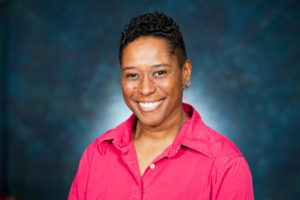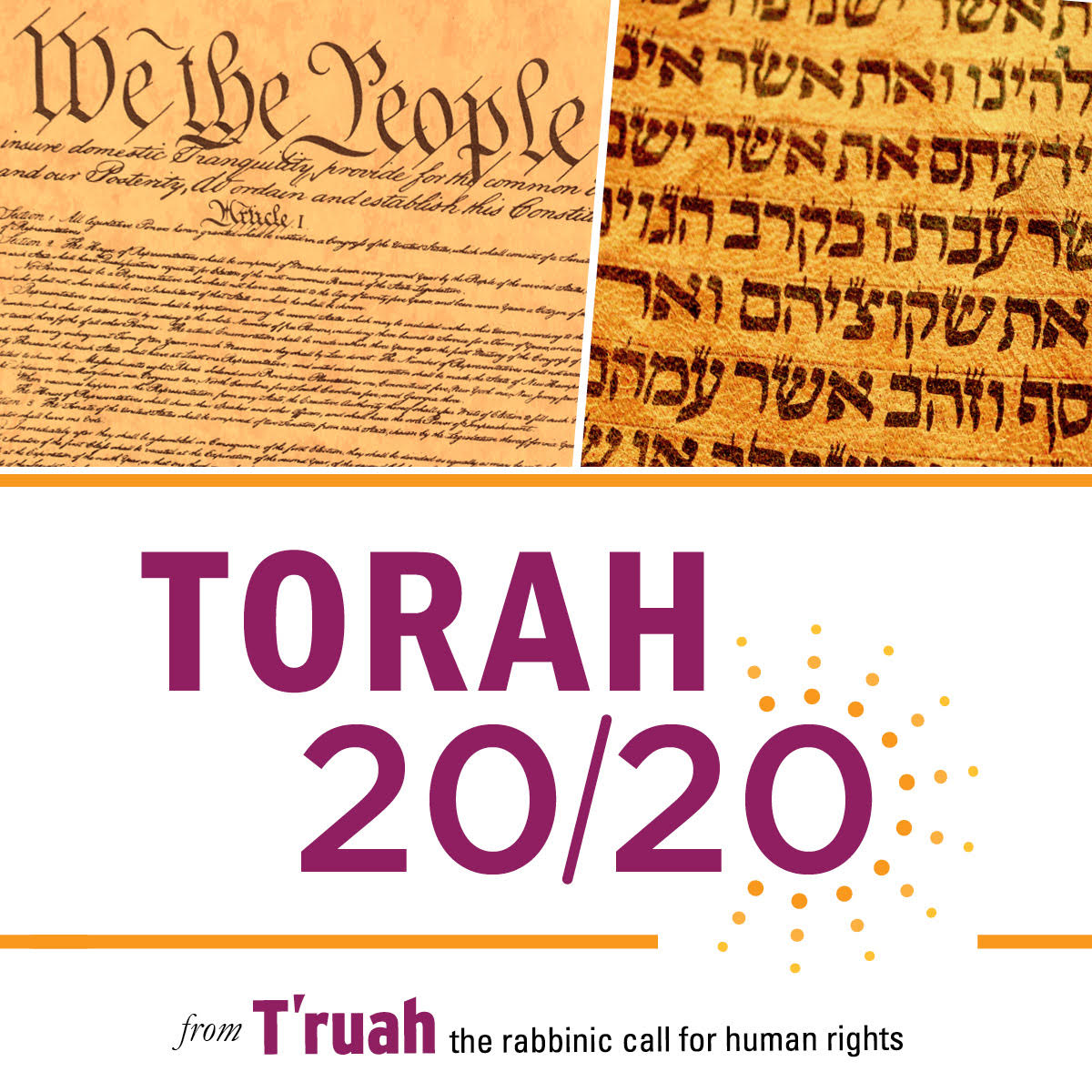Last week we read from the Torah portion, Noah. Noah probably thought it was a crazy idea to build an ark and gather all these animals into it. Who wouldn’t?! But I read him as someone who acted on faith and faith alone. No matter how crazy the idea, his faith was so strong that he did as God had commanded.
Let’s talk a little about faith. Faith is when you know in your heart that you must do something, that you must go somewhere even if it does not seem logical, and you don’t know how things will turn out. I know that many of us are uncomfortable with the word faith; we can also call it that inner voice.
Faith is about courage: the courage to live with uncertainty and to trust in your gut that you are on the right path. It’s the courage to do something new, to take a risk, to begin a journey to a distant destination knowing that there will be hazards and bumps along the way. Faith is all of those things and also knowing that God is with you along the way, giving you the strength to carry on.
Sign up to receive Torah 20/20 in your inbox each week.
In this week’s Torah portion, God instructs Avram to Lech Lecha, to go forth and leave the comfort of his home, everything he trusts, everything he knows. Avram and Sarai leave their home on faith as God has instructed. Even though there is much uncertainty, Avram and Sarai know that God will show them the way.
Avram and Sarai, in many ways, remind me of my parents, who grew up dirt poor in the segregated south. My parents were part of that generation of young African-Americans who left the rural south, Jim Crow, and poverty in search of better opportunities in the north. My mother and father decided to Lech Lecha, to go forth, on faith, with very little money, believing in their hearts that this was the right path. And like Avram and Sarai, my parents left their families, their homes and everything they knew in hopes of a better future. My parents met while working at a fast-food restaurant in St. Louis. Shortly before they married, my dad was drafted into the United States Army. My mother agreed to marry him, and together they set out and went to many foreign lands. The choices my parents made before I was born assured that I would not continue the same level of poverty they had growing up.
All of this brings me to today. As I think about this week’s Torah portion, I am reminded that growing up in a military family I spent a lot of my youth moving from one city to another and from one school to another. Later, as an adult, I decided to serve my country, and I enlisted in the United States Army. One of the things I appreciated from being raised in a military family and being a service member is that, over the years, I have met so many people who are different from me. They look different than me, talk differently than I do and often have different political views. I have learned to seek what we have in common rather than focus on differences.
Find more commentaries on Parshat Lech Lecha
I was ordained in 2018. Shortly after ordination, I was hired to be the rabbi at Elon University, a small liberal arts college located in a small rural part of North Carolina. My wife Susan has lived in Philadelphia her entire life, and I asked her to Lech Lecha, to go forth on faith, to give up everything she knew so that we could move to North Carolina and have a better life.
After living in North Carolina for over a year, we bought a house, and we are surrounded by many neighbors who think differently than we do. For many of our neighbors, I’m probably the first Jew they have met. I am definitely the first rabbi they have met and probably the most liberal person they know. My wife and I have been greeted very warmly by our neighbors. I’m saying all of this because we are living in very polarizing times in a society that has become in many ways more segregated, not necessarily because of laws, but because of class, choices and fear. This week’s Torah should be a reminder for all of us that we need to Lech Lecha, go forth, go beyond ourselves, get out of our comfort zones, our silos, and interact with those who are different from us and listen across difference. We need to listen to others, not in hopes of getting them to change their opinions but so that we can see each other’s humanity and remember that we are all created in God’s image. When we remember that we are all God-like, then we will have compassion for others and maybe even a little faith.
During rabbinical school, Rabbi Sandra Lawson was part of the T’ruah 2013 summer fellowship. She credits the fellowship with giving her the tools to be a rabbi with a lens on social justice issues. She is committed to building a more inclusive Jewish community where all who want to come are welcomed, diversity is embraced and we can come together to learn and to pray. Sandra serves as the Associate Chaplain for Jewish Life at Elon University in North Carolina.

